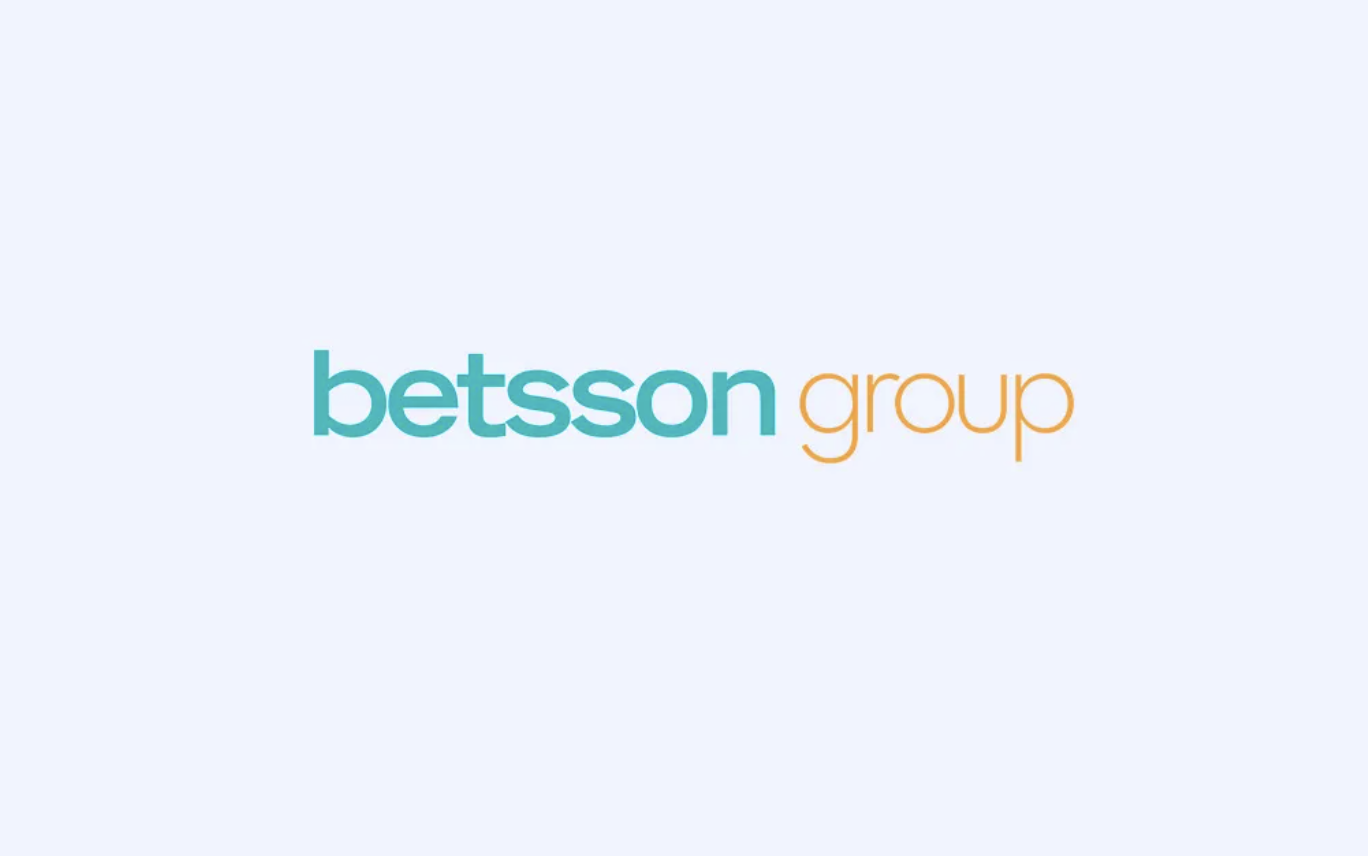
Betsson AB maintains a positive view of year trading as it prepares from regulatory and economic adjustments in new and existing markets.
Total Q1 group revenue increased by 18% year-on-year (Q1 ‘24: €248.2m) to reach €293.7m in the first three months of the year. The group closed the same period with an additional net income of €48.4m (Q1 ‘24: €42.8m).
Operating income (EBIT) stood at €64m, constituting an 11% growth YoY (Q1 ‘24: €57.9m) with an EBIT margin of 21.8%. EBITDA went up by 9% to reach €77.7m for the three months ending March.
Casino revenue was up 18% YoY for a total of €212.3m (Q1 ‘24: €180.5m). This already represents around 25% of Betsson’s total casino revenue for the full financial 2024 (€795m).
Additionally, sportsbook revenue accounts stood at €79.7m, up 22% when compared to the €65.5m from Q1 ‘24. Overall customer numbers across verticals remain stable, having risen from 1.3 million in Q1 last year to 1.4 million this year. Customer deposits stood at a total of €1.588m – a quarterly record for the company.
Diversity of its product range is an important competency for Betsson, as cited above. Betsson AB President and CEO, Pontus Lindwall, explained that this approach also extends to its geographic targeting.
The firm has ambitions to create ‘long term stable profit growth through geographical diversification and growth initiatives’ in both new and existing markets, the CEO explained in his statement to investors.
Backing its growth strategy, Betsson is looking to build on its solid foundation in markets like the Nordics and Greece by building up its Latin American profile – unsurprisingly Brazil is a key target, but the firm has unlike other firms it is not the be-all-end-all with other Spanish markets a priority for Betsson.
“Latin America, in particular, continues to be an important growth region where we are continuously strengthening our positions. The region accounted for 25 percent of the Group’s total revenue during the quarter,” Lindwall explained.
Betsson’s pan-South American efforts during Q1 included an securing a local licence in Brazil, extending its marketing partnership with Argentine football giants Boca Juniors, and opening a new office in Buenos Aires, and carrying out what Lindwall calls a ‘technical launch’ in Paraguay after obtaining a local casino licence in 2024.
“This means that we now have operations with local gaming licenses in 25 countries around the world,” Lindwall said. “Revenue from locally regulated markets increased by 60% and accounted for 59% (43.6%) of total revenue for the quarter.”
The global betting and gaming sector is undergoing significant changes, with Betsson present in many of the markets undergoing the most significant overhauls, as in its home markets of the Nordics for example.
In Sweden, its founding market, regulators and licensed firms are becoming increasingly concerned with offshore black market encroachment on the regulated sector, as the market continues to face difficult adjustments after re-regulation in 2019.
Others like the Netherlands are also seeing incoming restrictions, particularly around advertising and player protection. Further afield in Latin America, changing tax regimes and continuing development of regulations in markets like Brazil provide other key regulatory factors to consider when crafting growth strategies.
“The world around us is currently characterised by great uncertainty and concerns about reduced world trade, higher inflation and a weakening economy,” Lindwall remarked.
“We are closely monitoring macroeconomic developments, but at the same time we note that demand for gaming products has historically been relatively unaffected by the general economic cycle.”
Closing the company’s Q1 accounts, Betsson leadership assert that the training update does not serve as a revenue forecast for Q2. However, it has provided a snapshot into how April trading has progressed so far, with daily revenue up 17% YoY and sportsbook margin higher than the average for the past eight quarters.
“With a scalable, global business model and proprietary products and technology, we are well positioned for continued profitable growth going forward,” Lindwall concluded.